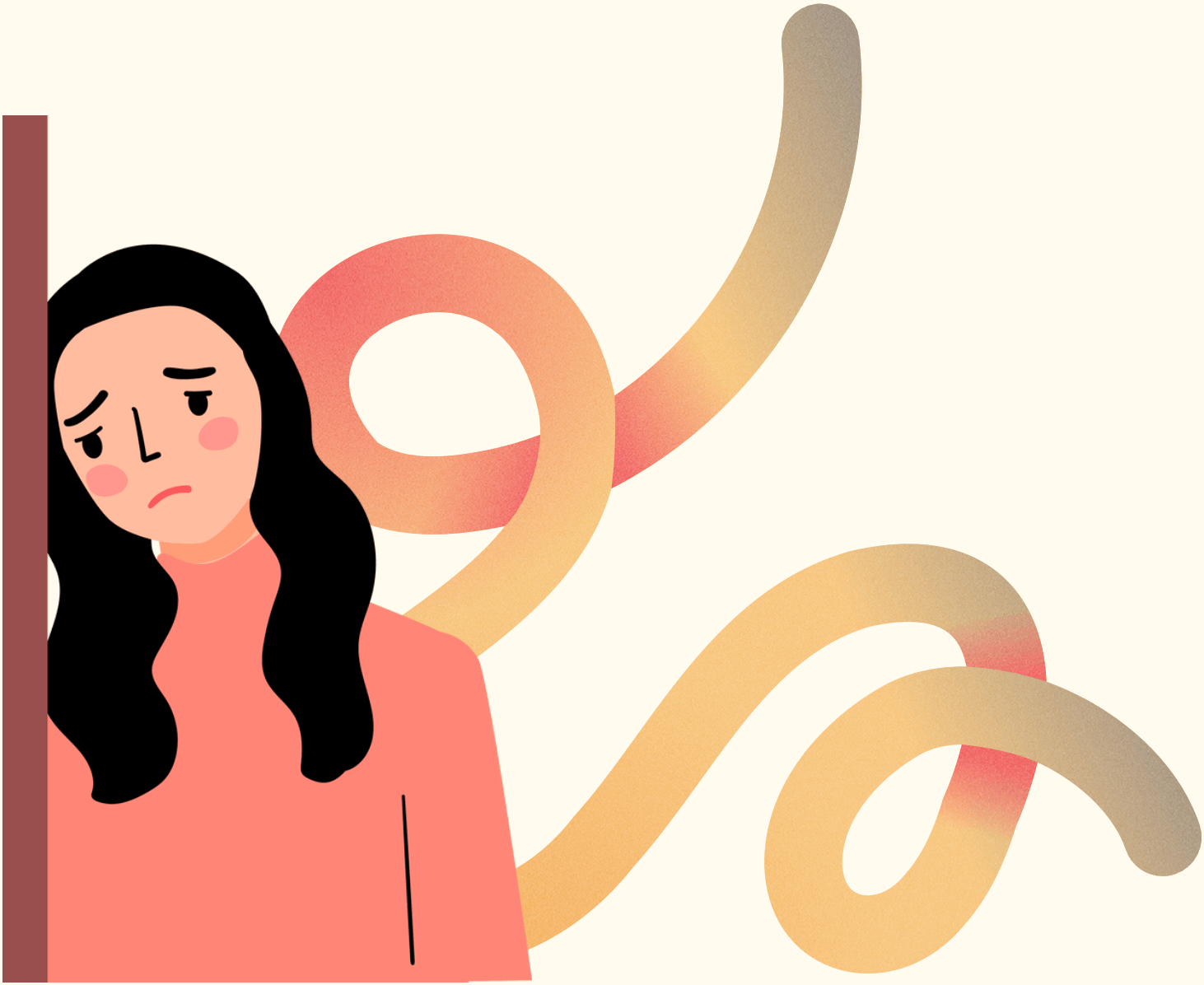Grief comes in many shapes.
Maybe more tears than you could have imagined poured directly out of your soul.
Or maybe there are no tears. There may be anger. You may feel nothing.
You don't have to carry the weight alone.
CONNECT ME WITH AN GRIEF SPECIALISTOr maybe there are no tears. There may be anger. You may feel nothing.
You don't have to carry the weight alone.

Days feel long, blurry, and weighty.
Time's got this weight to it, a heavy burden that can just weigh you down. It's like this solid gravity, constantly pulling memories back into the past, where they slowly fade away and turn to dust.
And you know what's tough? Seeing your loved one's memory fade away from people's minds, almost as real as their physical presence fading when they passed away. It's like experiencing the loss all over again.
And you know what's tough? Seeing your loved one's memory fade away from people's minds, almost as real as their physical presence fading when they passed away. It's like experiencing the loss all over again.

.png)
Grief can encompass many different emotions — sadness, anger, guilt —
IT HAS SIGNIFICANT MENTAL AND PHYSICAL IMPACTS ON THOSE SUFFERING FROM IT.
The purpose of grief counseling is to help you navigate this complex process and learn how to grieve in a healthy way.
Benefits of Grief Counseling
Grief counseling isn't some kind of magical fix for dealing with loss. It can't make you forget about someone you've lost or take away all the pain.
But what it can do is help you wrap your head around your feelings, come to terms with them, and find ways to handle them so you can still live your life as fully as possible.
But what it can do is help you wrap your head around your feelings, come to terms with them, and find ways to handle them so you can still live your life as fully as possible.
Reduces Anxiety, Guilt, and Depression
Grief counseling can help you manage anxiety and avoid depression by providing strategies to work through emotions constructively.
Helps You Understand the Grieving Process
Understanding the stages of grief and loss allows you to more fully tap into your thoughts and emotions, opening a path to healing.
Reminds You There’s More Than One Way to Grieve
You may feel like you’re doing it wrong — not sad enough or that you’ve been grieving too long — but there’s no “right” way to grieve.
Grief Can Be Caused by Different Kinds of Loss

LOSS OF A PET

NAVIGATING A DIVORCE
or relocating far from family and friends
or relocating far from family and friends

FACING A TERMINAL ILLNESS
DIAGNOSIS.
DIAGNOSIS.
Find your way back to self-care.
Grief can exact a heavy toll, leaving sufferers feeling drained physically, mentally, and emotionally. Counseling can guide patients toward self-care strategies to help them cope and recover, including mindfulness practices and simple tips like exercising and getting enough sleep.
Talk Therapy
A grief counselor can provide a safe space to talk about your deceased loved one, helping maintain a connection to the who or what you've lost.
Cognitive Behavioral Therapy
CBT can help to identify and alter thought patterns that negatively influence your behavior. You can recognize and explore these thoughts and develop strategies to lessen the impact they have on your life
Acceptance and Commitment Therapy
Using ACT, you can distance yourself from emotions and experiences to better examine and understand them. By focusing on your own values and goals for the future, you can then convert that understanding into action to work through your grief.
Magic Match.
While grief is a universal experience — everyone has or will suffer a loss — it affects everyone differently.
Our therapists have expertise with children, teens, adults, couples and groups as well as individuals and can serve people from different cultural or religious backgrounds, ensuring a great fit.
Our therapists have expertise with children, teens, adults, couples and groups as well as individuals and can serve people from different cultural or religious backgrounds, ensuring a great fit.
The pain of a loss— whether the death of a loved one or another traumatic event — can be overwhelming, exacting an emotional, mental, and even physical toll on the bereaved.

Ultimately, counseling can help those left behind remember and maintain a connection to what they’ve lost, while also helping them move forward and live full lives.
Book your free phone appointment with a Glimmer Care Specialist today and work with us to share the weight you're carrying.
Book your free callBook your free phone appointment with a Glimmer Care Specialist today and work with us to share the weight you're carrying.



